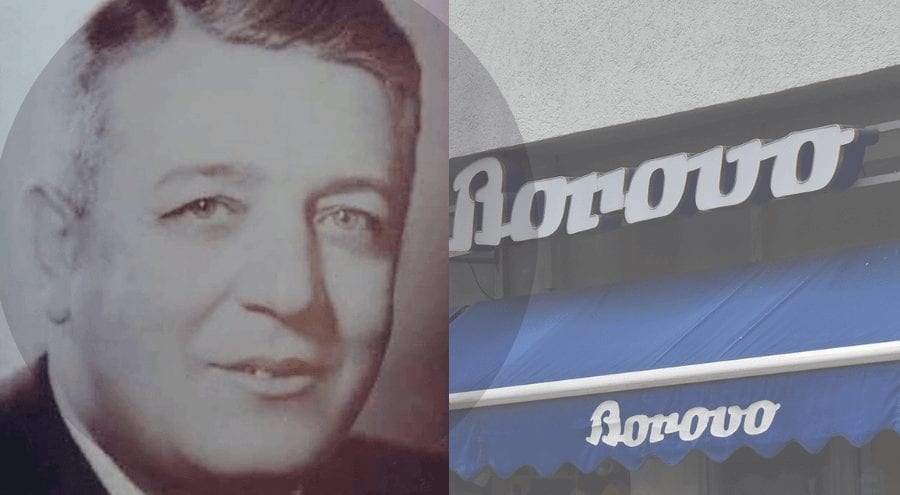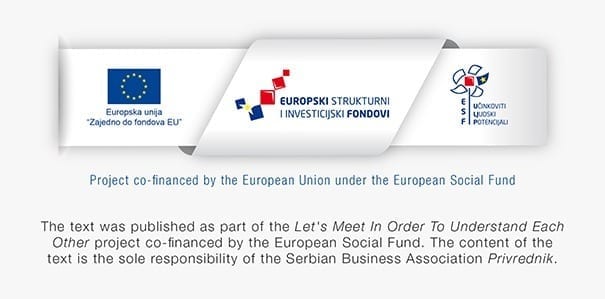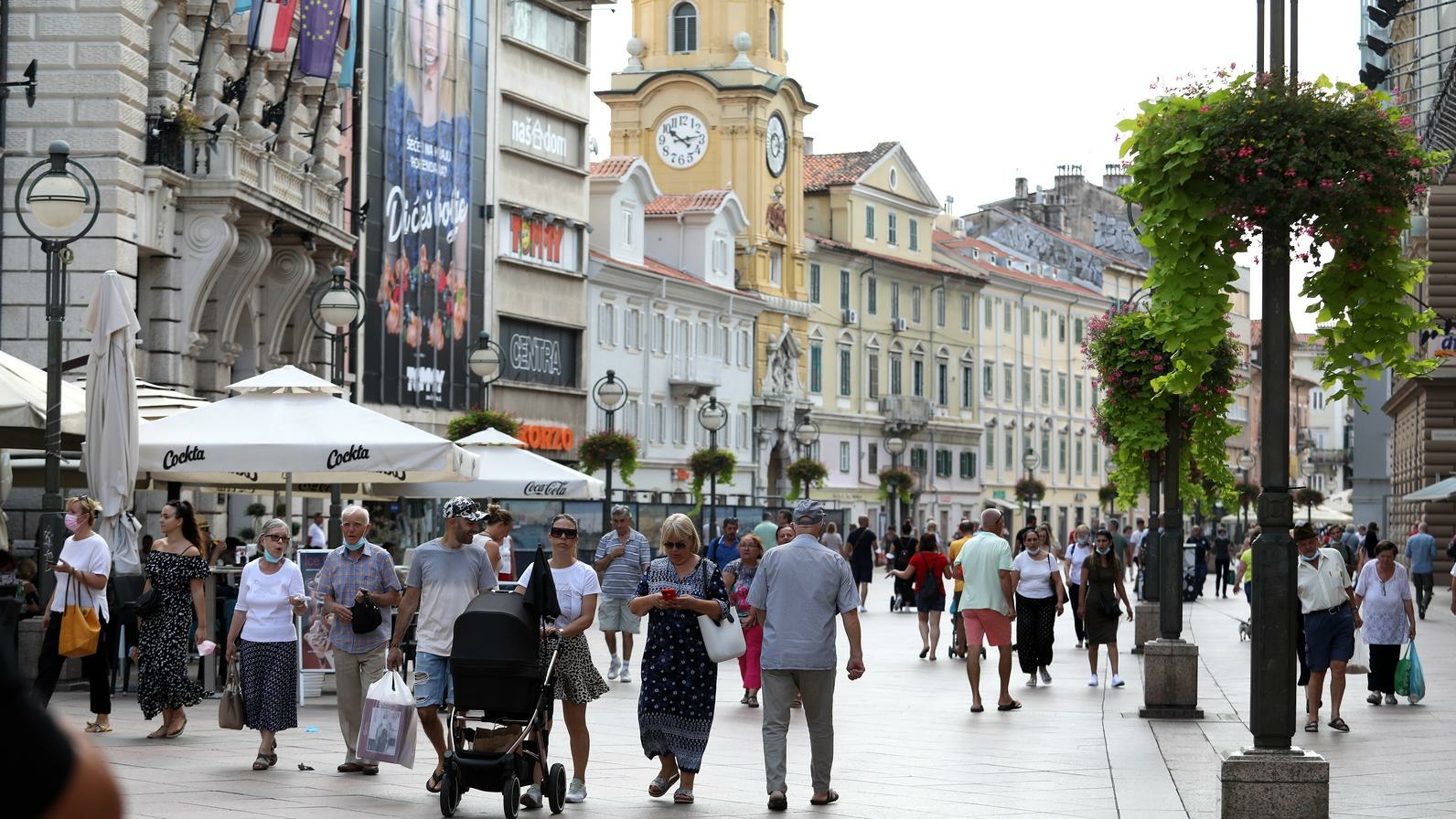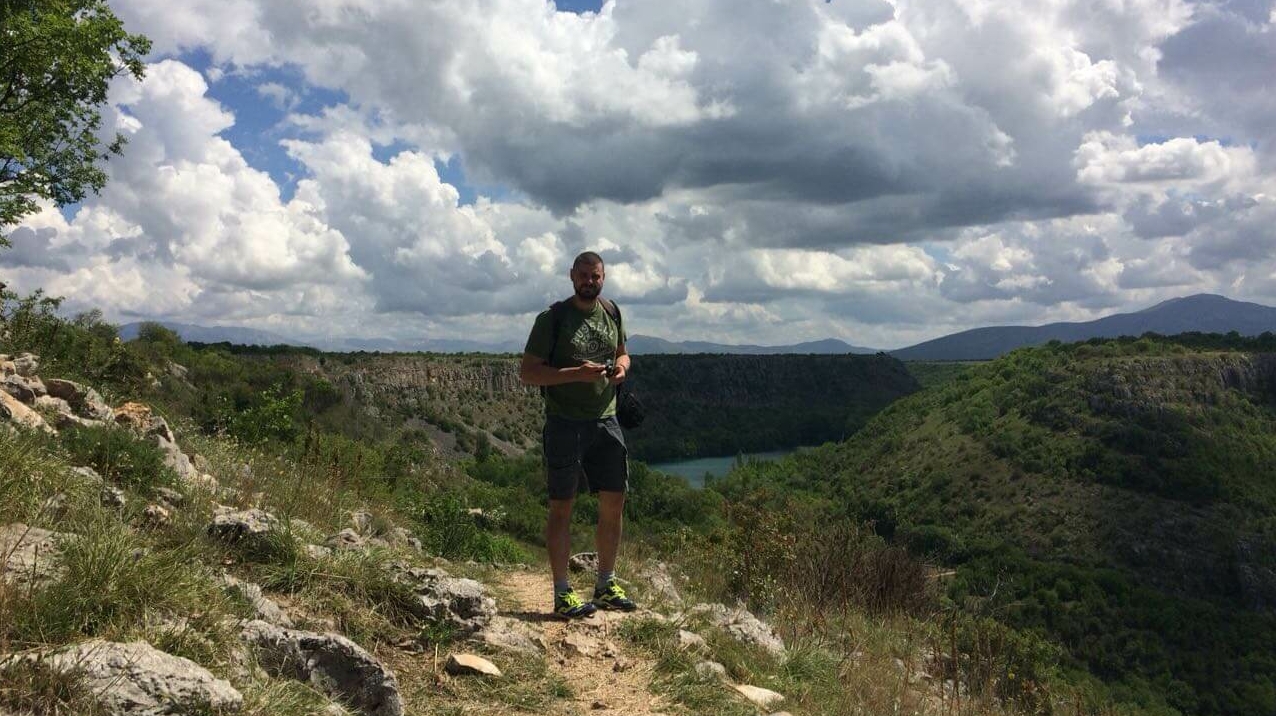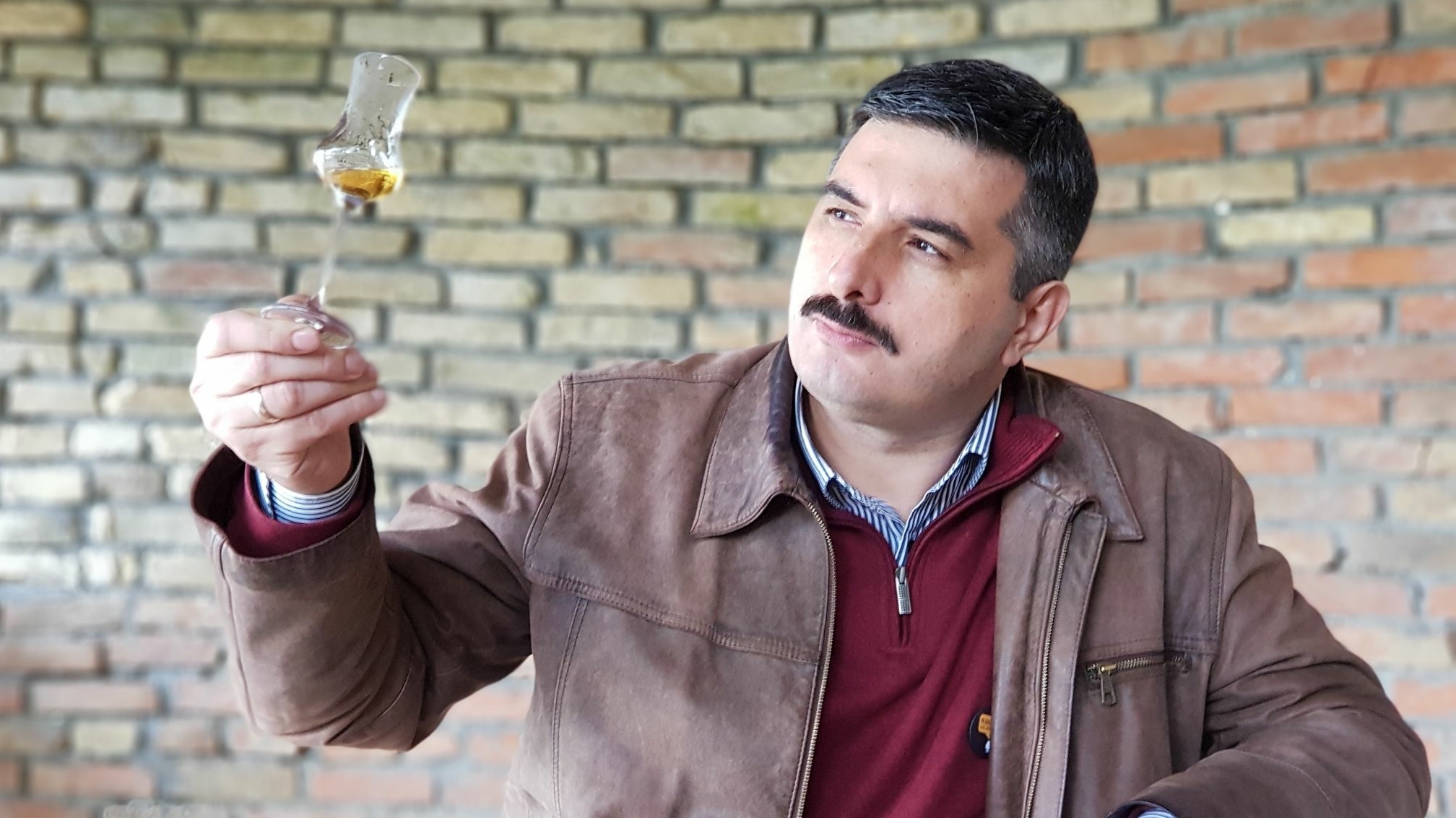June 2021 marks the ninetieth anniversary from the founding of what was once Yugoslav Rubber and Footwear Combine “Borovo”, better known as Bata’s factory and today Borovo d.d. In the past, this economic giant and leader of the development of the Vukovar region was the largest company for the production of rubber and footwear in former Yugoslavia.
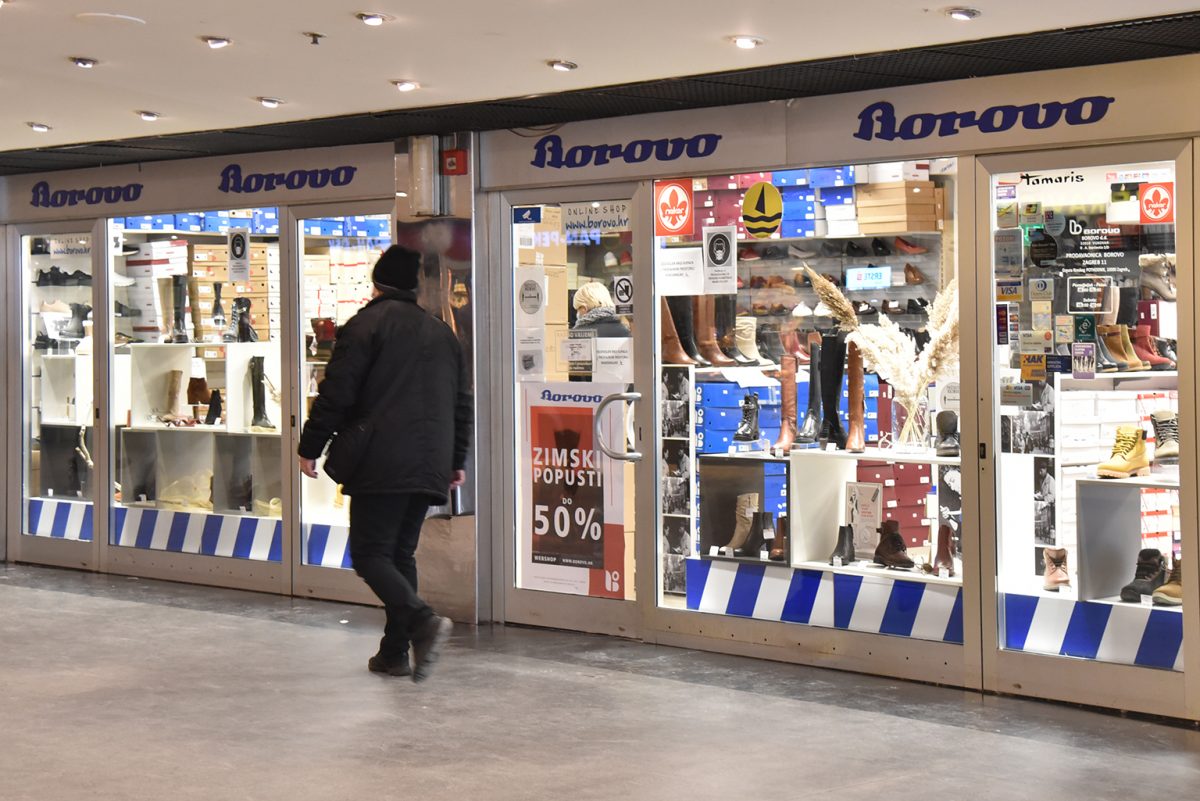
This large company is connected with the name of Toma Maksimović – director, politician, leader, visionary, benefactor, humanist and patriot, a man ahead of his time.
To talk about the life and work of Toma Maksimović is a difficult task because some periods of his life remain a mystery to this day due to a lack of reliable sources, which have been lost or destroyed. However, what we know for sure is that he was born on March 29, 1895, in Brčko, as the eleventh child of father Stanko and mother Jovanka. He lost his father when he was one year old, so his mother became his sole caregiver and the most important person for his future development. He came from a merchant family that owned its own store. His personnel file states that he finished elementary school, and along with his mother language, he spoke German and Czech. After school, he got his first job at the alcohol factory “Špiritana” in Brčko, where his brother Stevan Maksimović also started working. He would by chance later meet an employee of the rubber and footwear factory “Bata” on his travel to Czechoslovakia. The smallest branch of Bata’s factory would afterwards be opened in Brčko and managed by Toma Maksimović.
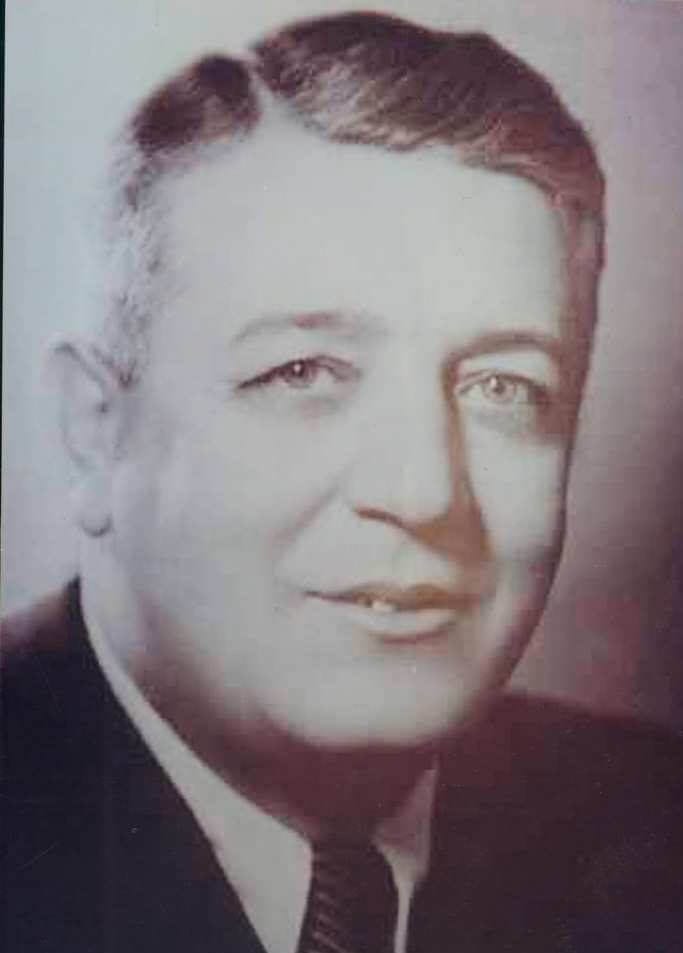
Czech industrialist brothers Tomaš and Jan Bata opened their small shoe workshop in 1894 in the town of Zlin, which was at the time a small center of footwear industry. By 1900 “Bata” was among the eight largest footwear companies in Czechia. It expanded further in 1920, when Tomaš Bata founded sister companies in the USA, the Netherlands, Denmark and Poland, which would soon become the foundation for the expansion of Bata’s huge concern throughout the world. A year later, in 1921, “Bata” first came to the Kingdom of Serbs, Croats and Slovenes as the trading company “Bata Shoes and Leather d.d.” Zemun – Zagreb.
“Shortly after that, we find Toma Maksimović in the Archives of Yugoslavia, where he submitted a notarized copy of the minutes of the first regular assembly of the joint-stock company ‘Bata Shoes and Leather d.d.’, held on June 11, 1922, in Zemun. The letter was sent to the minister of commerce and industry and signed by Toma Maksimović, the manager (representative) of the Belgrade subsidiary of ‘Bata Shoes and Leather d.d.’ in Zemun. On August 31, 1925, we find him at the fourth regular general assembly of ‘Bata Shoes and Leather d.d.’, held in Zagreb, as a representative authorized by Tomaš Bata, but also as a shareholder with 30 shares and three votes. He was employed at ‘Export Bata Zlin’ from February 15, 1924, to February 14, 1933, when he became the general manager of ‘Bata’ in Borovo,” retired curator of the Vukovar Municipal Museum Olivera Crevar explains.
Man is everything
“From 1924 he was in Zlin, the seat of Bata’s concern, where he studied and gained knowledge he would later bring to Borovo. He became a true ‘Bataman’, for Bata created people loyal to their company, mostly people from the villages or from poorer families, who did not leave their jobs easily, did not join unions and who lived for the success of the factory. That is why Toma Maksimović was an example of a typical Bataman – loyal to the company, hardworking, dealt with people easily, inspired enthusiasm in young people, but could also be stern and unyielding. In Zlin he learned the etiquette and how to dress appropriately, write business letters and charm the workers as well as dignitaries and politicians; he knew how to be a gentleman, make conversation and, in general, always be in the right place at the right time. One of the most important things in Zlin and in Borovo was faith in life and faith in man. Man is everything. Factory buildings are only piles of bricks and concrete, machines are piles of iron, but all this is brought to life by man – he is the foundation of everything. The entire work system was full of optimism; Bata’s employees loved life and were therefore good workers,” Olivera Crevar says of this different and, for us today, rather unreal time.
Factory buildings are only piles of bricks and concrete, machines are piles of iron, but all this is brought to life by man – he is the foundation of everything
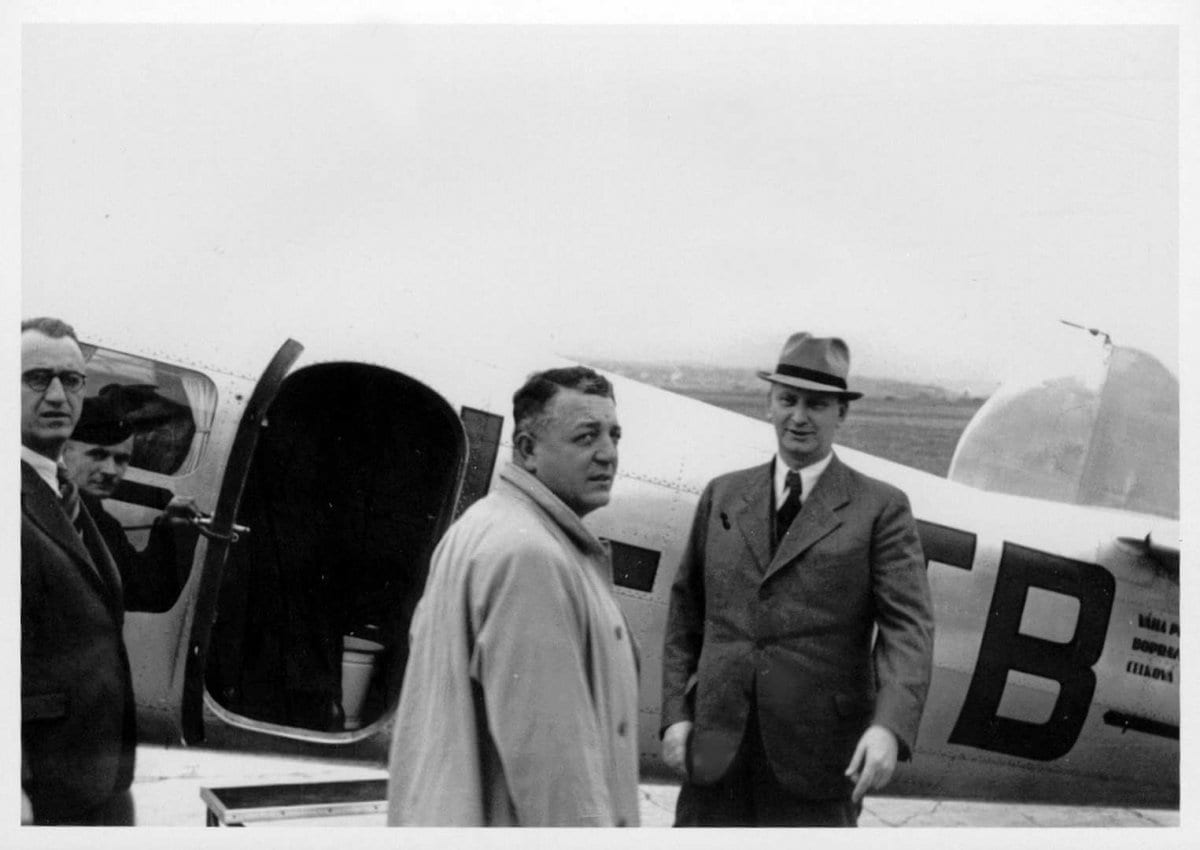
Toma Maksimović learned the shoemaking and rubber trades in Zlin, going through the whole process of production, from the apprentice to the manager. He proved to be a hardworking and dedicated worker, a good business organizer and a successful manager. When he took over the management of the factory in Borovo, goods were produced in a few small, improvised workshops, but in a very short time, he transformed “Bata” into the largest footwear factory in Yugoslavia. The number of employees rose from 510 in 1931 to 6290 in 1939. In the beginning, around a million pairs of leather and rubber shoes were produced yearly; in 1928, production grew to over seven million. At the same time, the number of stores in Yugoslavia grew from the initial 88 to 565 in 1940. The primary activity of the factory was the production and sale of shoes, leather, socks and rubber goods. In 1938 “Bata” also became the first manufacturer of car tires in Croatia.
Toma Maksimović learned the shoemaking and rubber trades in Zlin, going through the whole process of production, from the apprentice to the manager. He proved to be a hardworking and dedicated worker, a good business organizer and a successful manager. When he took over the management of the factory in Borovo, goods were produced in a few small, improvised workshops, but in a very short time, he transformed “Bata” into the largest footwear factory in Yugoslavia. The number of employees rose from 510 in 1931 to 6290 in 1939. In the beginning, around a million pairs of leather and rubber shoes were produced yearly; in 1928, production grew to over seven million. At the same time, the number of stores in Yugoslavia grew from the initial 88 to 565 in 1940. The primary activity of the factory was the production and sale of shoes, leather, socks and rubber goods. In 1938 “Bata” also became the first manufacturer of car tires in Croatia.
The development of the factory and the workers’ settlement
During Toma Maksimović’s tenure as general manager of “Bata” (1933-1941), the factory and the workers’ settlement developed simultaneously. A shoemaking facility was built in 1934, the building for rubber footwear in 1935, a new power plant in 1937, the second shoe factory in 1938 and the central warehouse in 1939.
With the building of the factory the workers’ settlement, the so-called Bata-ville, was also established. This new industrial town had modern production halls, residential workers’ colonies, modern utility infrastructure, water supply and sewage system, its own power station and many additional communal buildings. New roads were built, as well as houses, artesian wells, two boarding schools, highest-standard workers’ housing, a workers’ restaurant in 1932, a sports stadium in 1933, a railway station in 1934, a cinema and an elementary school in 1935, a community center in 1936, Bata’s trade school in 1937, National University in 1939… The settlement had its own airport, clinic, kindergarten, facilities for sport and culture, green areas and parks, stores, bars, department store, library and public bathing area.
Toma Maksimović also initiated the development of print media – the newspapers Borovo, Prodavač and Izbor. The newspaper Borovo was published weekly by the factory and was under strict control of the management. Maksimović also supported the construction of the Catholic and Orthodox churches and donated 25,000 dinars for each of them.
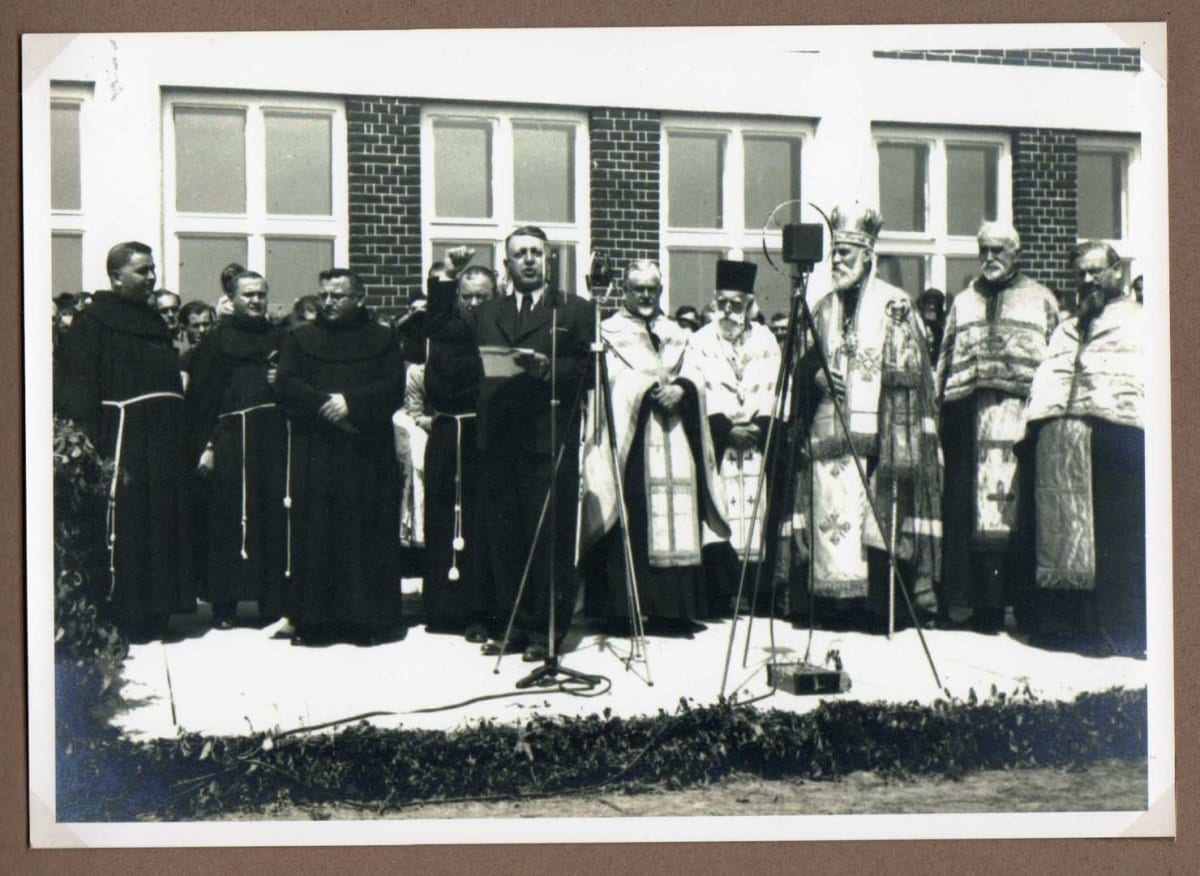
He also strove to ensure additional services and content for his workers, so he founded cultural and sports associations. The singing and music society “Radiša” began with its work, as well as the Sokol gymnastics society, the Great Britain and US Friendship Club, the Esperanto club, the sobriety club, the Adriatic Guard, aviation club “Naša krila”, the fire brigade, the chess club, the Association of Reserve Officers, the Red Cross. Maksimović himself was the head of the Sokol society and the League against Tuberculosis, and he was the president of the fraternity of the Yugoslav-Czechoslovakian League for Vukovar-Borovo. The management of Bata’s factory sponsored 33 clubs and societies. It supported the construction of sports facilities, such as the modern gymnasium in 1935. At Bata, healthy life and sports – football, volleyball, handball, boxing, gymnastics, tennis, table tennis and cycling – were important.
Head of the municipality until the Second World War
Maksimović was also active in politics. At the municipal elections in 1933, he ran for the position of prefect of Borovo municipality on the Yugoslav National Party’s list and won. Of the 18 mandates, his list won 16. Furthermore, his list won 17 out of 18 mandates at the last municipal elections before the Second World War, in 1940. Maksimović was, therefore, the prefect of Borovo municipality from 1933 to 1941. During this time he also supported the rebuilding and construction of the village of Borovo, which together with the settlement constituted the municipality of Borovo. Its gradual construction increased the number of houses in the municipality from 517 to 1121.
Politically, Maksimović subscribed solely to integral Yugoslavism, to which he remained dedicated his whole political and managerial career. He supported Yugoslavism, the King and the country, his Kingdom of Yugoslavia. His last speech in Borovo confirms this: “We are always ready to lay down our lives for the King and country. Long live the King!”
Humanist and benefactor
Toma Maksimović was married to Vlasta Žaludek, the daughter of a wholesaler from Zlin, with whom he had sons Tomik and Štefanek. Vlasta was also active in the cultural life of Borovo and in humanitarian work. As president of Borovo’s Red Cross, she helped hundreds of children and families in Borovo with financial aid, food, footwear and clothes.
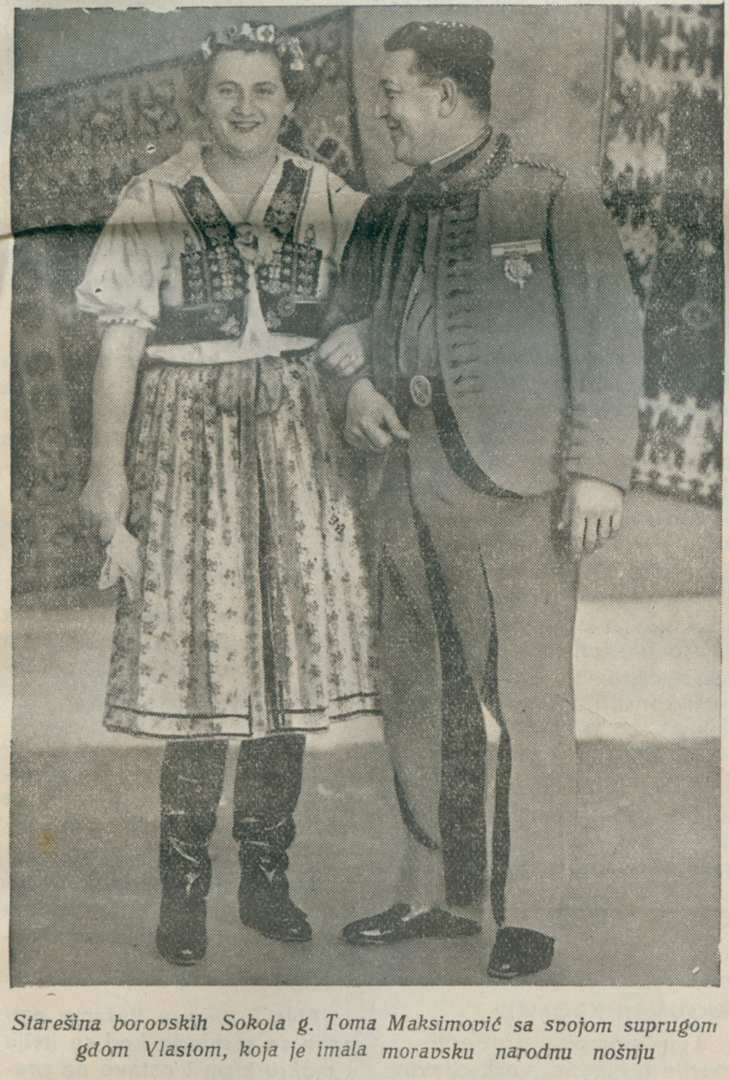
Toma Maksimović also gave invaluable contribution to the Serbian Business Association “Privrednik”. He helped and cooperated with students on Privrednik’s scholarship, children of poor parents such as he had been. Many authors of texts about Maksimović state that he was also president of Privrednik at one time, but there is no proof of this in the surviving records. The fact that he was one of the patrons is confirmed by a text published in the factory newspaper Borovo on January 20, 1934, on page 2 under the title “Mr. Toma Maksimović is New Member of Privrednik’s Patrons”. The text states that he donated 10,000 dinars through the Adriatic-Danube Bank to help expand Privrednik’s activities. Maksimović said that Privrednik’s students already possessed the qualities of honesty and diligence and a strong will to do and earn more every day, not just for themselves, but for the community. These virtues, which Privrednik instills in its youth, are the most valuable capital for a young person starting their independent life.
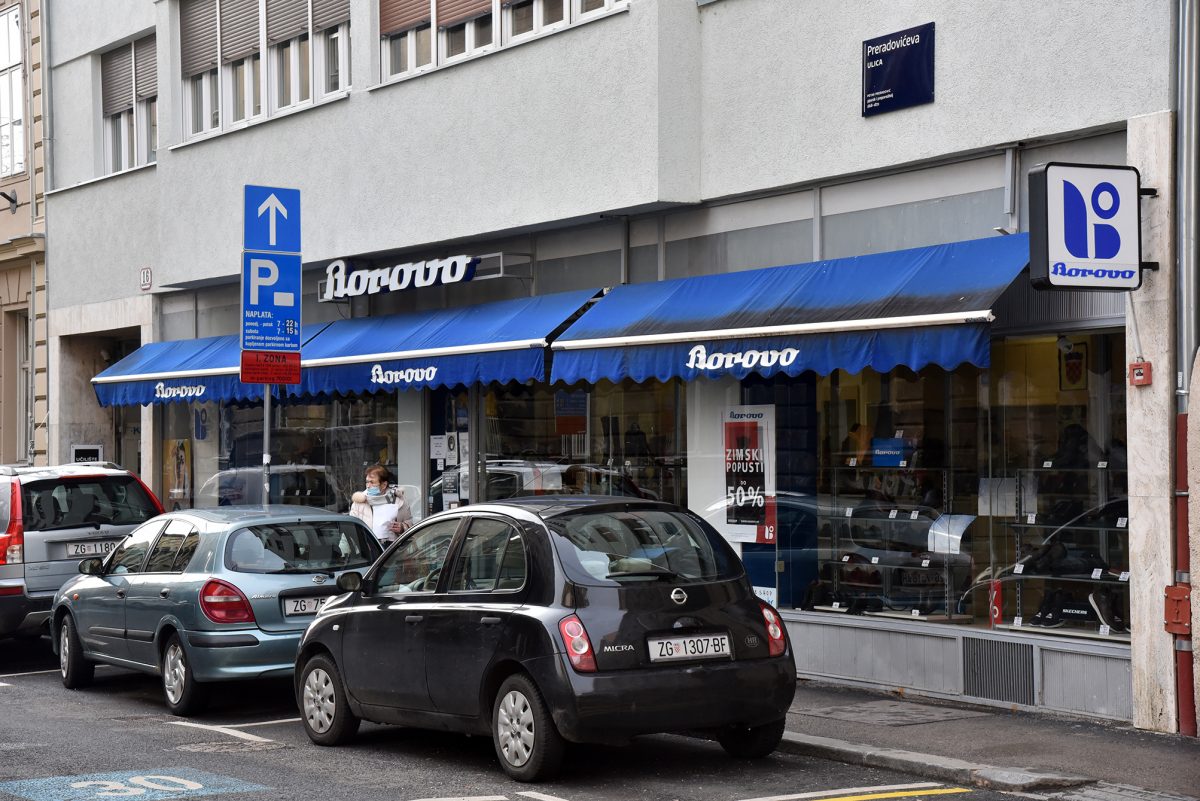
Loved by the workers
As a manager, Maksimović maintained a good relationship with his workers. He wanted to make them more cultured and eradicate their bad habits, especially when it came to food and eating. Many ate in the open, on fields or meadows, sitting on the ground. Maksimović demanded they eat in the community center restaurant, at the tables. He persuaded them to buy affordable meals prepared in the community center’s kitchen and so protect their health.
.
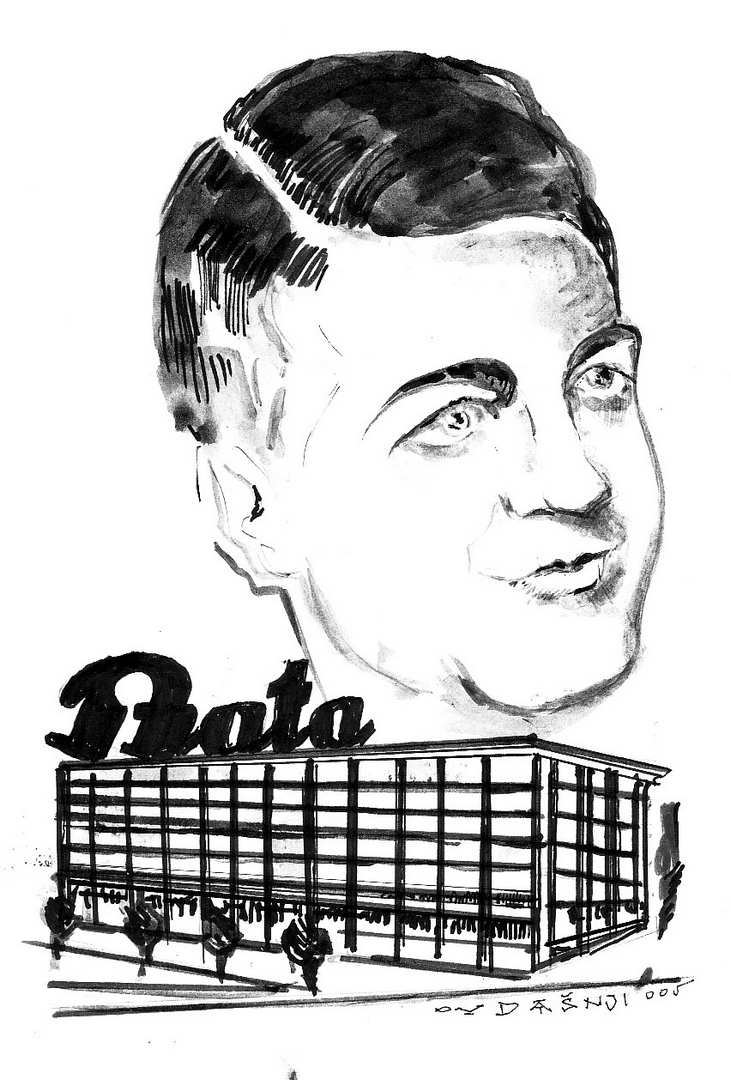
He addressed the Borovo workers with “my dear colleagues” and treated them in a friendly and respectful way. His relationship with the workers is described by Branko Hubana and Đorđe Mirosavljević from Borovo in the book Borovo – the Dusk of a Dawn by Slavko Bubalo.
If he met a worker wearing some other shoes, he would ask: ‘Where do you work?’
“Maksimović was very strict with the managers. They could not make mistakes, and he first held them responsible if something was not right, but he was fair so no one objected. He made sure work was done and order was obeyed; he did not allow work on Sundays; he made sure St. George’s Day, the feast day of the combine’s patron saint, was observed; he did not tolerate workers wearing any other footwear except Bata’s. If he met a worker wearing some other shoes, he would ask: ‘Where do you work?’ The company had to be respected. He led by example in everything. He went on foot from work to his villa. Shoe shiners were lined up by the post office near the factory, and, even though his shoes were already clean and polished, he would regularly stop and pay to get them shined again. Everyone in Borovo had to earn their bread,” Branko Hubana recounted.
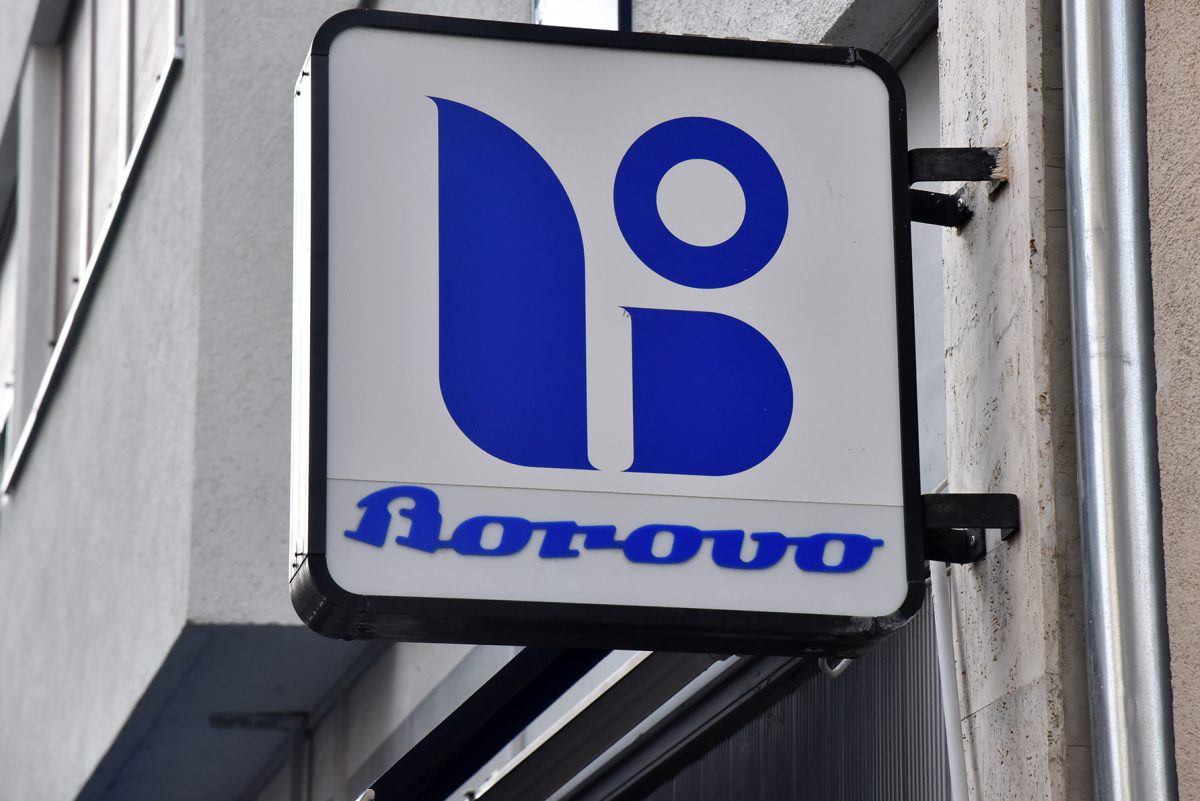
Đorđe Mirosavljević, an old Borovo worker, met Maksimović when he brought official letters for him to sign. He says that he was nervous entering his office, wondering how to behave in his presence and how to answer if he was asked something.
“My fear and nervousness were completely unnecessary. His approach, not only towards me but towards everyone else as well, was extremely polite and friendly. He received us all as though we had long known each other, as though we were neighbors or even near kin. He did not show any sign of arrogance, nor did he base his authority on the fear of his subordinates. He was a very gentle and pleasant person, and he treated all his employees as his equals. He was like a parent to us,” Mirosavljević reminisces.
Work above all
Toma Maksimović valued work above all. In one of the columns he wrote for the factory newspaper Borovo he noted: “Sloth is a great vice of humankind. A lazy man is doomed, for nothing in life can be achieved without work. That is why a lazy man cannot prosper. A man who does not work does not deserve to be a member of human society and has no right to the dignified life of cultured and civilized men. We must not be ashamed of our calling. Every profession, from the street cleaner to those of the highest rank in society, has its higher purpose. We in the shoemaking trade have the duty to serve the public by supplying consumers with good and cheap footwear. That is our guiding principle, which we will never abandon and must never betray. If we want to prosper, we must be thrilled to work; we must work with the greatest love for our job. Will and enthusiasm create miracles. Nothing in the world is impossible, for if we want something, it means we can do it. Work demands patience, dedication and faith in success. The great American inventor Thomas Edison was not far from the truth when he said that success in life depends 99% on work and only 1% on talent. Talent without will is dead capital. Therefore, only those who work can prosper.”
Leaving Borovo
Toma Maksimović was at the head of Bata’s factory until the spring of 1941 – that is, until the proclamation of the Independent State of Croatia. At the request of the headquarters in Zlin, through German authorities, the Ministry of National Economy of NDH commissioned Bata’s man Tomislav Bulat to manage the factory. Toma Maksimović was erased from the registry as the general representative of the company. At the meeting of the board of directors in October of the same year, the purchase of Maksimović’s estate and properties was discussed. Maksimović was arrested and put in Ustasha jail in Zagreb, where he spent several months.
However, it remains unclear what happened to him before he came to Belgrade and entered the government of Milan Nedić as the High Commissioner in the Commissariat for Refugees, where he worked on helping refugees from Slovenia, Croatia and Bosnia.
At that time, Bata’s headquarters in Zlin offered Maksimović the post of manager of Bata’s footwear factory in Switzerland, which he declined due to a feeling of patriotic duty. He believed that he should stay with his people in those difficult times.
After 1945, he was again arrested and sentenced by the Belgrade District Court to five years of prison with penal labor, with the stripping of all political and civil rights for three years. After his release, he worked for the Slovenian company “Planika” from Kranj.
By the end of 1957, he was severely ill. He was preparing for a surgery he did not get, for he died on February 16, 1958. He was buried at the Belgrade New Cemetery. Old Borovo workers erected a monument in his honor in the 1960s. Based on the Law on the Rehabilitation of the Victims of Political and Ideological Repression adopted by the National Assembly of Serbia in 2006, Toma Maksimović was rehabilitated in 2008.
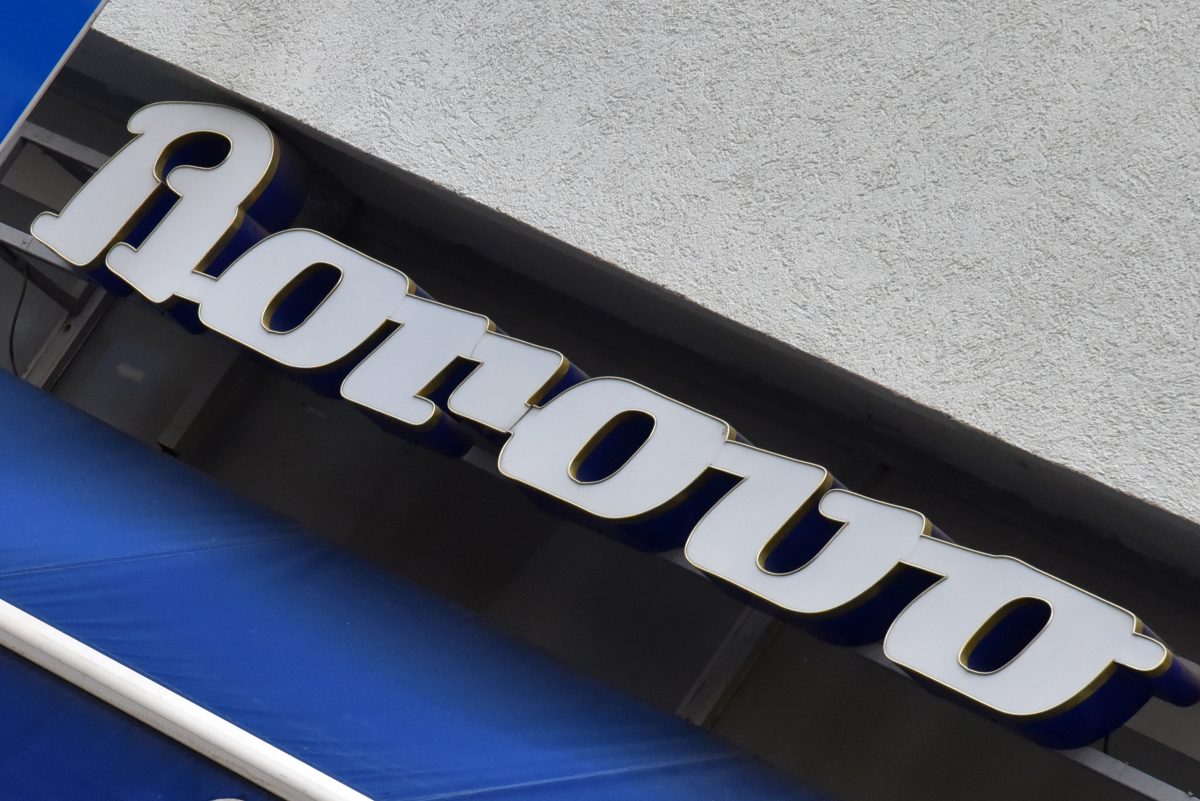
Even though Maksimović contributed greatly to the construction and development of Borovo, he does not even have a street named after him in Borovo today. There is only his bust in the municipal hall, made by Borovo sculptor Mićun Nenezić. Today, the street bearing the name of Toma Maksimović can only be found in the Belgrade municipality of Vračar.
Translation from Croatian: Jelena Šimpraga
This post is also available in: Hrvatski

